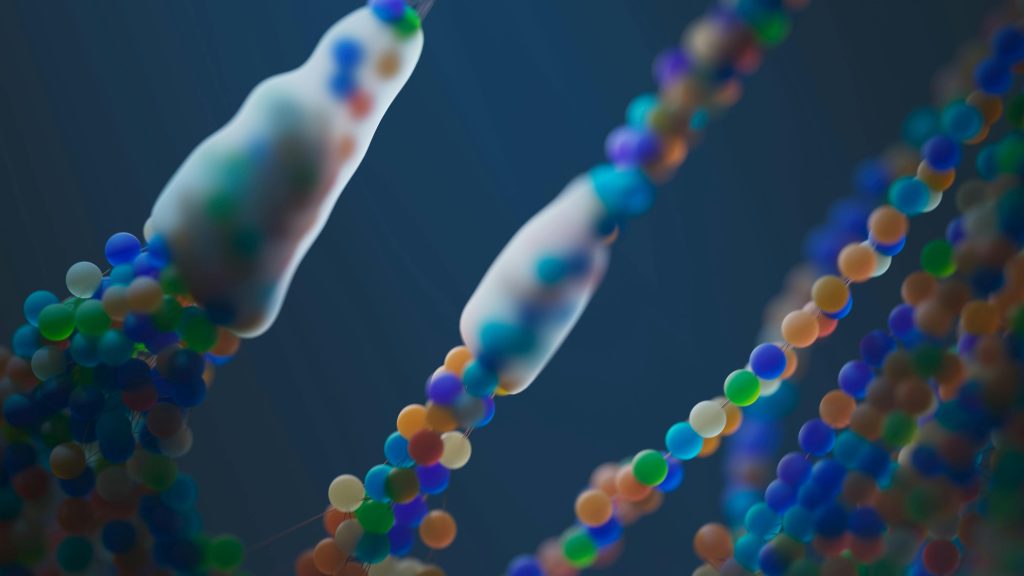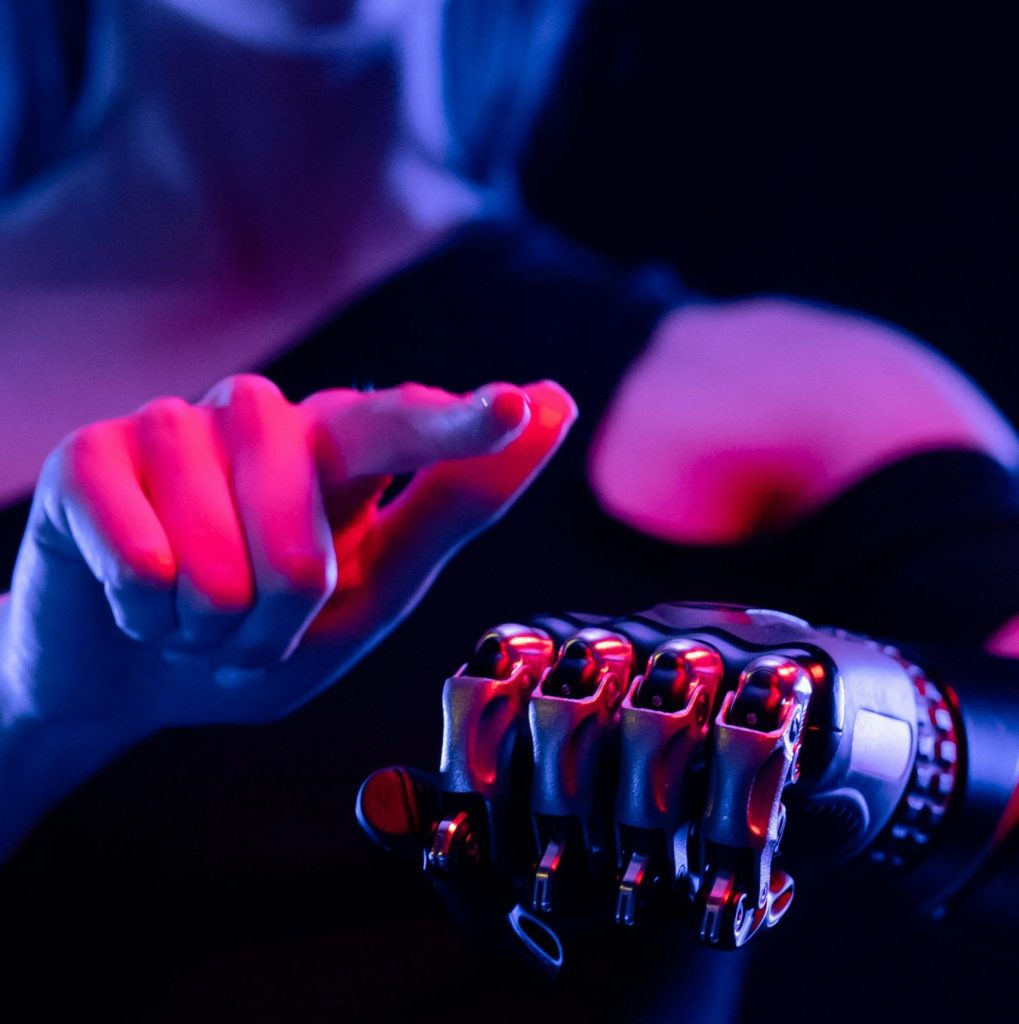Synthetic biology is at the frontier of science, where biology meets engineering. It involves redesigning organisms or building new ones from scratch to perform specific tasks—like producing medicine, breaking down plastic, or even detecting diseases.
Unlike traditional genetic modification, synthetic biology creates custom-designed genetic circuits, enabling scientists to program cells like computers. From yeast that produces biofuels to bacteria that glow in the dark, the possibilities are vast.
This field is critical in tackling some of humanity’s biggest challenges: climate change, food security, and sustainable energy. Scientists are already using synthetic biology to create lab-grown meat and personalized cancer therapies.
However, it also raises ethical questions around bioengineering and ecological impact—making governance and regulation a key part of its future.
Synthetic biology isn’t just about understanding life—it’s about reprogramming it for good.



